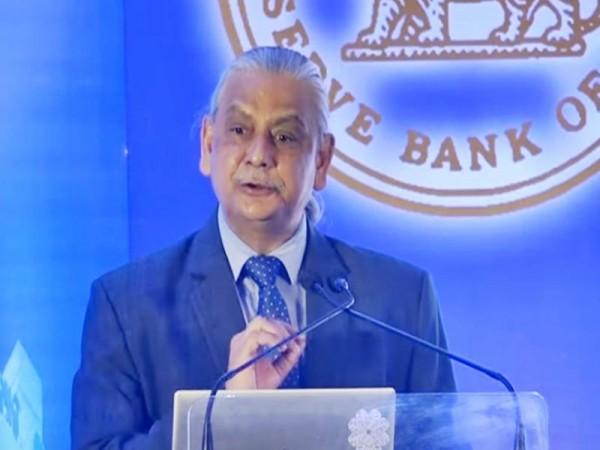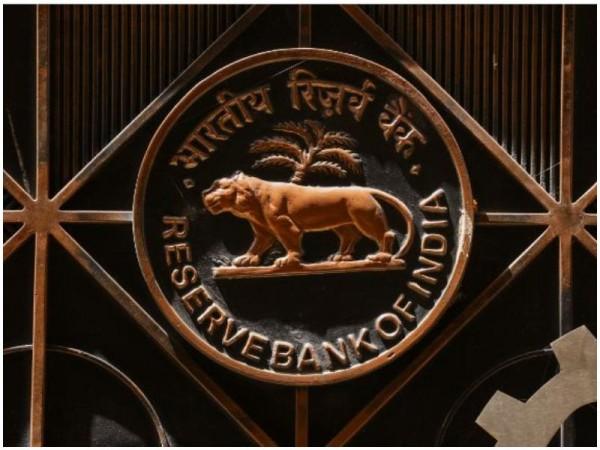
In a recent global conference held in Jaipur, India, on August 13, 2024, RBI Deputy Governor Michael Debabrata Patra announced that India's Deposit Insurance and Credit Guarantee Corporation (DICGC) has extended coverage to 1,997 banks. This includes 140 commercial banks and 1,857 cooperative banks, making India the country with the second-largest number of deposit-taking institutions covered by deposit insurance in the world, following only the United States.
The DICGC has made interim payments to the tune of Rs 5,359 crore ($640 Million) to 3.77 lakh depositors as of March 31, 2024. The current deposit insurance coverage limit in India is Rs 5,00,000 (approximately USD 6,000), which fully protects 97.8% of deposit accounts and 43.1% of deposit value.
The DICGC is prioritizing risk management, including contingency planning and crisis management frameworks. A digital transformation of all operations is underway to modernize and streamline processes, making them more efficient and secure. Public awareness campaigns are being refashioned and stepped up to educate depositors about the deposit insurance system and their rights. Work on an Environmental, Social, and Governance (ESG) policy is being prioritized alongside a strong focus on climate risk, indicating a forward-looking approach to financial stability.
India is also leveraging its digital public infrastructure to support its financial sector. The Unified Payments Interface (UPI) enables round-the-clock money transfers through mobile devices, connects multiple bank accounts, and simplifies financial transactions. It also supports the integration of UPI with fast payment systems of other countries, facilitating international transactions. This digital push enhances accessibility, promotes financial inclusion, and boosts the efficiency of the financial system.

The RBI has joined Project Nexus, a multilateral international initiative conceptualised by the Innovation Hub of the Bureau of International Settlements (BIS) to enable instant cross-border retail payments by interlinking fast payment systems of Malaysia, Philippines, Singapore, Thailand, and India. Project Nexus facilitates quicker, cheaper, and more reliable cross-border payments, boosting international trade and commerce. Small and medium-sized enterprises (SMEs) in India benefit from reduced transaction costs and faster payment cycles, improving their cash flow and competitiveness in the global market.
The RBI deputy governor also highlighted the Government of India's commitment to achieving the net zero target by 2070 along with other climate goals ahead of net zero. The RBI has issued a framework for the acceptance of green deposits and a disclosure framework on climate-related financial risks in 2024 which envisages climate-related disclosures. The Government of India has also been issuing sovereign green bonds.
These developments are defining milestones in the DICGC's journey of six decades. Under its "paybox plus" mandate, the Corporation is authorised to make an interim payment of claims within a stipulated timeline to depositors of banks placed under restrictions on deposit withdrawals (even before liquidation or amalgamation). This is a significant step towards ensuring the financial security of depositors and maintaining the stability of the banking system.
India's extensive deposit insurance coverage, coupled with its digital transformation initiatives and focus on risk management, demonstrates its commitment to safeguarding depositors' interests and maintaining financial stability. The country's proactive approach to addressing emerging challenges and adapting to the evolving financial landscape is a testament to its resilience and forward-thinking approach to financial governance. The global financial landscape is changing rapidly, and India is making significant strides to stay ahead of the curve, inspiring public confidence and preserving financial stability.








